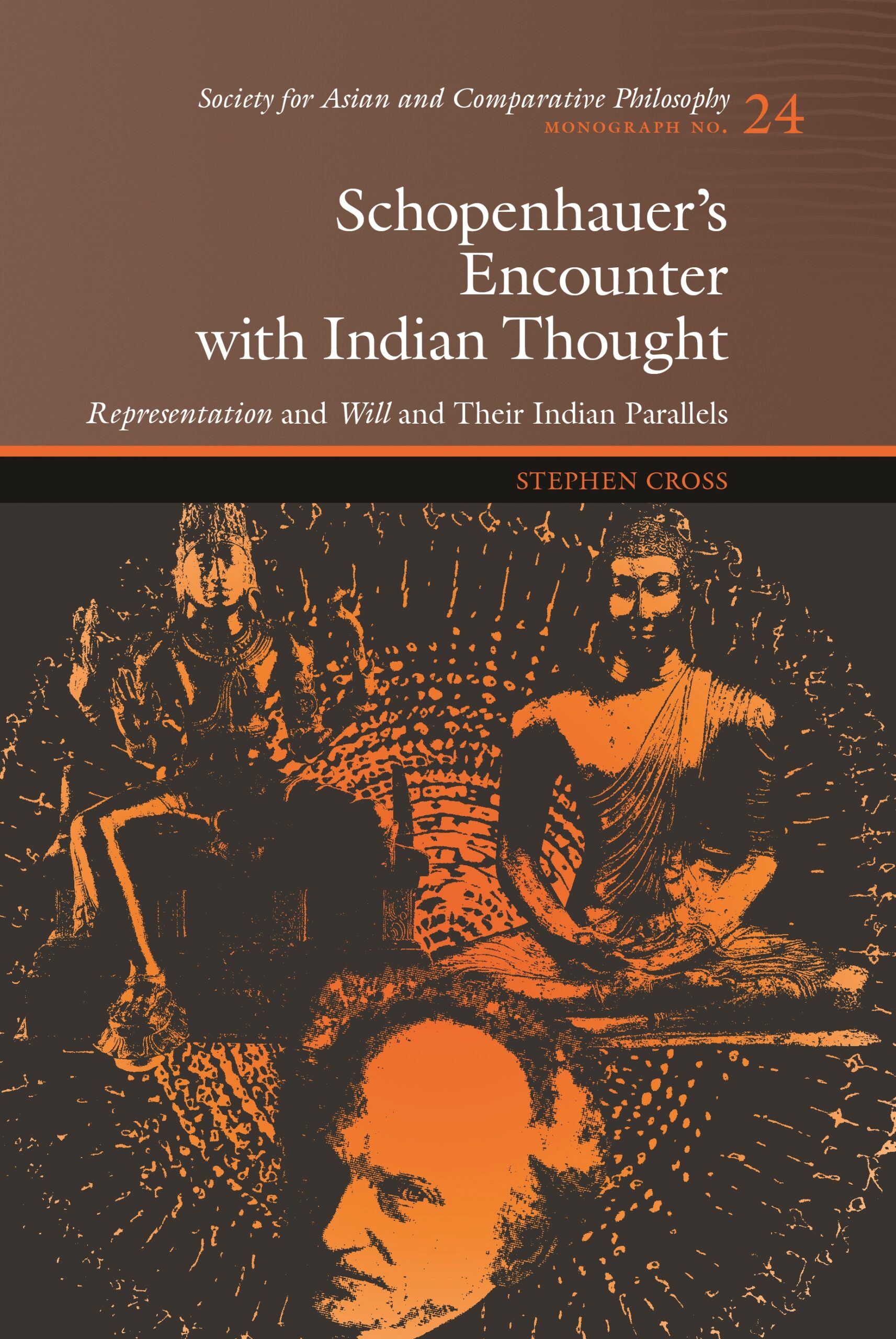Schopenhauer’s Encounter with Indian Thought: Representation and Will and Their Indian Parallels
- About the Book
-
Schopenhauer is widely recognized as the Western philosopher who has shown the greatest openness to Indian thought and whose own ideas approach most closely to it. This book examines his encounter with important schools of Hindu and Buddhist philosophy and subjects the principal apparent affinities to a careful analysis. Initial chapters describe Schopenhauer’s encounter with Indian thought in the context of the intellectual climate of early nineteenth-century Europe. For the first time, Indian texts and ideas were becoming available and the belief that they could bring about a second Renaissance—an “Oriental Renaissance”—was widespread. Schopenhauer shared in this enthusiasm and for the rest of his life assiduously kept abreast of the new knowledge of India.
Principal sections of the book consider the two main pillars of Schopenhauer’s system in relation to broadly comparable ideas found, in the case of Hindu thought, in Advaita Vedānta, and within Buddhism in the Mādhyamika and Yogācāra schools. Schopenhauer’s doctrine of the world as representation, or a flow of impressions appearing in the consciousness of living beings, is first considered. The convergence between this teaching and Indian idealism, especially the doctrine of illusory appearance (māyā), has long been recognized. Schopenhauer himself was aware of it, emphasizing that it was the result not of influence but of a remarkable convergence between Eastern and Western thought. This convergence is subjected to a much more detailed examination than has previously been carried out, undertaken in the light of twentieth-century Indology and recent studies of Schopenhauer.
The second main pillar of Schopenhauer’s system, the doctrine of the world as will, is then examined and its relationship to Indian thought explored. This section of the work breaks new ground in the study of Schopenhauer, for although the similarity of his ethical and soteriological teaching to that of Indian religions (particularly Buddhism) has long been noted the underlying reasons for this have not been grasped. It is demonstrated that they are to be found in hitherto unrecognized affinities, of which Schopenhauer himself was largely unaware, between the metaphysics of the will and Indian ideas relating to karmic impressions (vāsanās), the store-consciousness, the causal body, and śakti as the “force” or “energy” that maintains the existence of the world.
Final chapters discuss the controversial and difficult question of the relation of the will to final reality in Schopenhauer’s thought in the light of Indian conceptions, and suggest that the two central pillars of his philosophy may be seen, to a greater extent than previously supposed, as a bridge by which the Eastern and Western traditions of philosophical thought may be brought into a closer and more creative relationship.
- About the Author(s)
-
Stephen Cross, Author
- Reviews and Endorsements
-
Cross’s book is remarkable in many respects of historical analysis, conceptual clarity, writing style and presentation and can be highly recommended as a major academic contribution to the study of Schopenhauer’s
philosophy and its relation to Indian tradition. It may also be a great academic resource for further research in comparative philosophy.
—Journal of Human Values- Overall, Cross explains Schopenhauer in relation to Advaita,Madhyamika, and Yogachara philosophies in a way that admirably balances philosophical erudition with an engaging style of writing. One hopes that this book will inspire future scholarship, enable individuated-philosophical approaches to inform socially embedded intellectual history writing, and enhance awareness of the multiple and idiosyncratic discursive positions that together have built up horizons of thinking in rich, plural, and disturbing ways that escape any linear teleological narration.
—Journal of Asian Studies - Cross presents a critical and detailed examination of Schopenhauer’s worldview from a transcultural perspective with a new approach to help us explore “the extent and nature of the affinities” between Schopenhauer’s philosophy and some significant aspects of Indian philosophical schools. He presents a systematic study of Schopenhauer’s intellectual growth and philosophical discourse in reference to classical Buddhism and Hinduism. . . . Cross’s book is remarkable in its historical analysis, conceptual clarity, writing style, and presentation and can be highly recommended as a major academic contribution to the study of Schopenhauer’s philosophy and its relation to Indian tradition. It may also be a great academic resource for further research in comparative philosophy.
—Plurilogue: Politics and Philosophy Reviews - In his book Stephen Cross shows in a masterly fashion the similar nature of the questions which arose within the traditions under discussion, and with which they had to come to terms as they sought to probe the depths of human experience. The convergences of thought are shown by means of carefully interpreted passage of textual quotation and the investigation, as it ranges across different times and cultures, attains its full human relevance.
—Schopenhauer-Jahrbuch
- Supporting Resources
-





